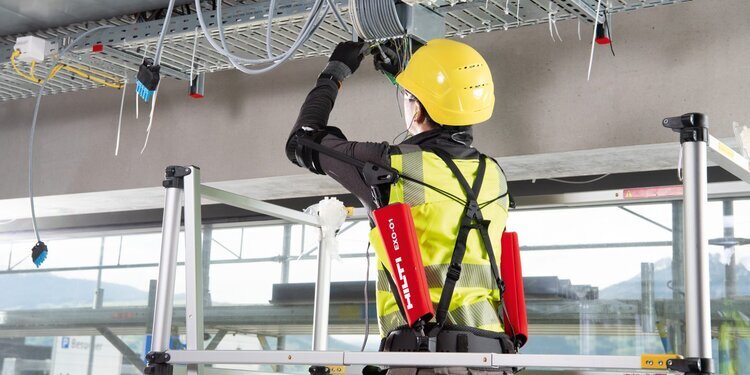There are two very group mindsets in the construction industry right now: those who embrace technology and want to see more of it in construction and those who just want to build buildings the way they always have. One always has the latest smartphone, the other just wants a phone with buttons that can make calls. One wants to use drawing management apps, the other wants to carry around a hard copy set. One wants to store their documents in the cloud, the other wants to file their papers away in a cabinet. You get the idea and I’m sure you live it within your own company. Both systems work, but there is strong evidence that points to technology as a time and money saver.
A big challenge for all companies, not just construction companies, is trying to force the new technologies onto those who are, let’s say, “technology resistant.” Let me be clear, this is not always a generational thing, I know some 20-year-olds who can barely use email and I know some 60 and 70-year-olds that are excited to get their hands on the next new gadget.
The example that I’m going to highlight is a story written by Casey Logan, of News-Press, in which a construction company, Suffolk Construction (based throughout the United States), has paired an experienced, 66-year-old, not-so-tech-saavy superintendent with an inexperienced, 30-year-old, tech saavy assistant project manager. That’s the combination that nightmares are made of, right? Not for Suffolk. The company has chosen to embrace their differences and encourage each of them to learn new skills from each other, instead of just one of them learning. Butch Shull, the superintendent, teaches Nico Zepp, the assistant project manager, skills like project sequencing and job site safety, while Zepp teaches Shull how to use technology to harness Suffolk’s “build smart” approach. “Build smart” is the company’s commitment to using the latest technologies to gain a competitive advantage, such as virtual models, lean construction, and BIM.
This “reverse mentorship,” in which the younger employee trains the older, is certainly a smart approach to gain commitment from those working in the field. The need to train folks on technology probably seems obvious to you as you’re reading this, but I can assure you that there are many construction companies across the world who make their employees use new software and expect them to learn it on their own. Those are the same companies that will tell you that “construction and technology don’t mix.” This isn’t just a one-time training either, Suffolk’s plan, at least from an outside perspective, seems like a long term training environment, which the company happens to pride themselves on.
Have you used these types of mentorships on your jobs or have you employed another type of training that you think has been successful? Tell us in the comments!
Full Story: 'Reverse mentoring' a double win at construction firm | The News-Pres











In the midst of fierce discourse over the bipartisan infrastructure bill lies a unique opportunity for the United States.